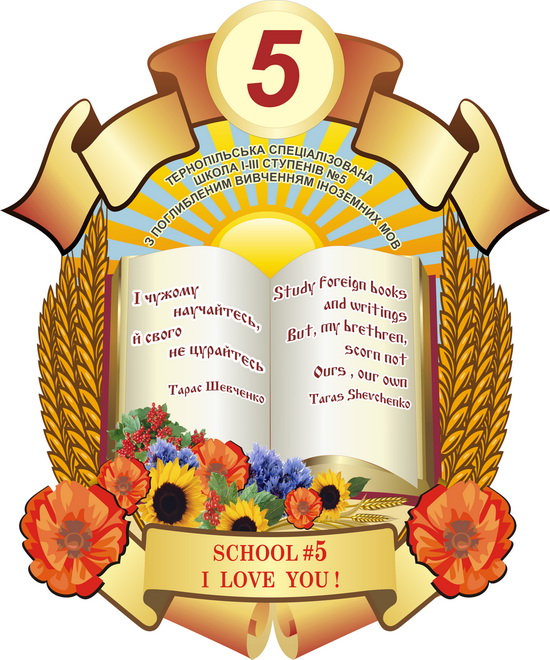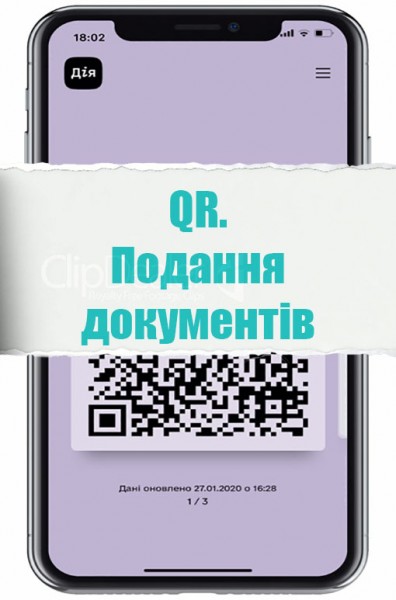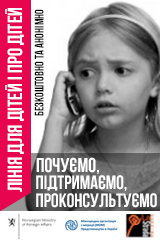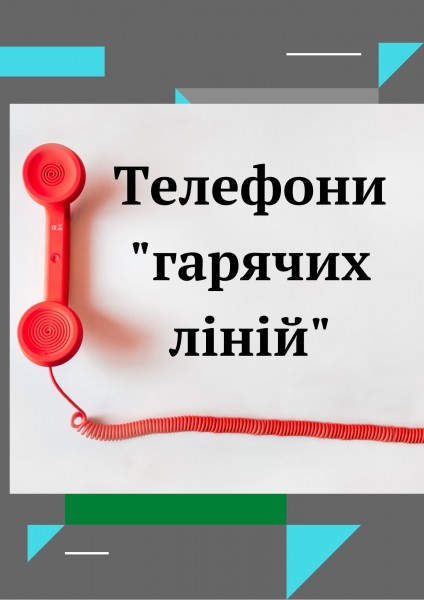The exchange project "The Chronicle of Cultures".
08.04.2025 Administrator Категорія: Міжнародне співробітництво
From March 4th to 10th, 2025, as a partner school, we participated in the project organized by the Stowarzyszenie - Porozumienie Pokoleń – "The Chronicle of Cultures" (a project co-financed by the European Union). The project involved 36 participants—youth and leaders from Poland, Bulgaria, and Ukraine. The meeting took place in Wisła.
The project focused on cultural identity, cultural heritage, and the sense of belonging to local folklore. The main goal was to strengthen cultural identity, raise awareness of cultural heritage, and enhance the sense of belonging to local folklore while promoting tolerance and openness to cultural diversity.
Specific objectives of the project:
- Increasing knowledge about the diversity of cultures, their evolution over centuries, and the contemporary significance of culture in people’s lives.
- Strengthening cultural identity, developing respect for traditions and cultural heritage.
- Raising awareness of local folklore and folk creativity.
- Developing skills in counteracting the disappearance of traditions.
- Expanding competencies in building local cultural identity and a sense of belonging to local folklore.
- Promoting attitudes of tolerance, openness to intercultural dialogue, and interest in foreign cultures.
- Inspiring strong motivation to nurture traditions and customs both at home and in broader communities.
- Encouraging active engagement in cultural, traditional, and folklore-related activities.
At the beginning of the project, participants created an international meeting code and engaged in the "expectations and fears" activity. Through name games and integration activities, the young people learned each other’s names, got to know one another better, overcame shyness barriers, and formed a close-knit team that worked in a friendly and positive atmosphere. They also overcame resistance to communicating in English.
During various thematic activities, participants conducted workshops addressing the issue of preserving traditions. They discussed the threats that traditions face today, learned about the consequences of losing traditions for communities and cultural heritage, and talked about the value of cultural heritage. They debated whether maintaining folk traditions is important in today’s fast-paced world, explored the future of their native cultures, and engaged in creative activities related to mythical and supernatural creatures and the stories associated with them, typical of their cultures and regions. They presented elements of their local folklore and folk art, including music, instruments, dialects, songs, costumes, handicrafts, and architecture. This allowed them not only to learn about their partners’ cultures but also to deepen their understanding of their own.
The youth visited Chlebowa Chata (The Bread Cottage), where they participated in creative workshops, learning about life and work from over a hundred years ago. They discussed traditions, past customs, and local folklore and took part in culinary workshops, baking their own flatbreads. Participants from Poland, Bulgaria, and Ukraine also visited Nikiszowiec in Katowice. During a creative tour, they expanded their knowledge of supernatural beings from their cultures and folklore, their influence on people in the past, and followed the trail of Bebok—a famous Silesian mythical creature, whose figurines can be found across Katowice. They also had the opportunity to meet representatives of Centrum Zimbardo, a non-governmental organization operating in Nikiszowiec, which provides young people with a space for engagement and building local identity through volunteering and participation in local events such as Jarmark na Nikiszu (Nikiszowiec Christmas Market), Odpust u Babci Anny (Grandma Anna’s Feast), and Święto Sąsiada (Neighbor’s Day). During common activities, they discussed cultural identity and belonging to local folklore and the importance of promoting and preserving our ancestors' legacy in today’s world.
In the following days of the exchange, participants worked in international groups to create a role-playing game aimed at increasing knowledge about local folklore in their countries. The game encouraged deeper exploration of both native and foreign cultures, folklore, traditions, and customs and helped maintain traditions rooted in their cultures as part of their Slavic heritage in modern realities.
Additionally, they prepared and conducted an online meeting with peers from their countries, where they presented the project and its activities, shared their achievements, and showcased the role-playing game they had created. The meeting included thematic blocks where participants presented their cultures, folk traditions, and local folklore. It was a great opportunity to share results, exchange experiences and opinions, and motivate peers to explore their own cultural heritage and folklore.
The youth exchange concluded with an evaluation of the entire event. Participants assessed various elements of the exchange and reflected on what they had learned during the days spent together. Each participant received a Youthpass certificate, confirming their participation in the project.
This international initiative provided an opportunity to expand knowledge, develop interests, and for many, gain their first experience working in an international environment.




 The exchange project "The Chronicle of Cultures".
The exchange project "The Chronicle of Cultures".
 "Тиждень здоров'я" в школі
"Тиждень здоров'я" в школі
 День мінної безпеки
День мінної безпеки
 Наукове шоу "Фізика в дії!"
Наукове шоу "Фізика в дії!"
 День українського добровольця, 2025 рік
День українського добровольця, 2025 рік
 Наш Календар на 2025 рік
Наш Календар на 2025 рік



Коментарі 0